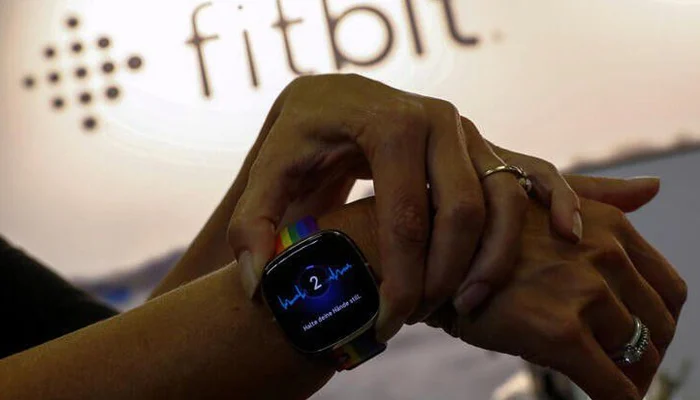Can smartwatches help us medically? Although smartwatches are popular among fitness enthusiasts and have a variety of uses, a recent study found that they might also have an unintended advantage.
These watches may aid in the early diagnosis of Parkinson’s disease, a brain disorder that results in unintentional or uncontrollable movements, according to recent research from the UK.
Can smartwatches help us medically?
According to the BBC, a team from Cardiff University’s UK Dementia Research Institute used artificial intelligence to analyze data from 103,712 smartwatch users.
The study monitors users’ movement rates over the course of one week between 2013 and 2016. The information gathered in this way was helpful in identifying users who might develop Parkinson’s.
The study raises the possibility that smartwatches could be used as screening devices to identify illnesses before they spread or get worse.
However, more international studies are required to determine how accurate the diagnosis will be before smartwatches can be used in screening capacities, according to researchers cited in the journal Nature Medicine.
Parkinson’s disease patients’ brains deteriorate over a long period of time.
Symptoms of Parkison’s:
- involuntary shaking or tremors
- slow movement
- stiff and inflexible muscles
The fact that the diagnosis is made too late and that it is already too late for treatment is a significant problem for medical professionals and patients seeking care.
Dr. Cynthia Sandor, the study’s principal investigator, suggested that since about 30% of people in the UK wear smartwatches, they might provide a low-cost and trustworthy way to detect early-stage Parkinson’s.
“We have shown here that a single week of data captured can predict events up to seven years in the future,” she said.
“With these results, we could develop a valuable screening tool to aid in the early detection of Parkinson’s.
“This has implications both for research, in improving recruitment into clinical trials, and in clinical practice, in allowing patients to access treatments at an earlier stage, in future, when such treatments become available.”
Another researcher Dr. Kathryn Peall told BBC News that smartwatches appeared to be successfully differentiated between Parkinson’s and other things such as old age.
“We compared our model across a number of different disorders, including other types of neurodegenerative disorders, individuals with osteoarthritis, and other movement disorders, amongst others, an advantage of being able to work with a dataset such as the UK Biobank,” she told BBC.
“The results from individuals diagnosed with Parkinson’s disease were distinct.”
“Where this work is potentially important to the field is that we ultimately hope that new therapies that allow us to slow disease progression will become available,” Dr Peall added.
